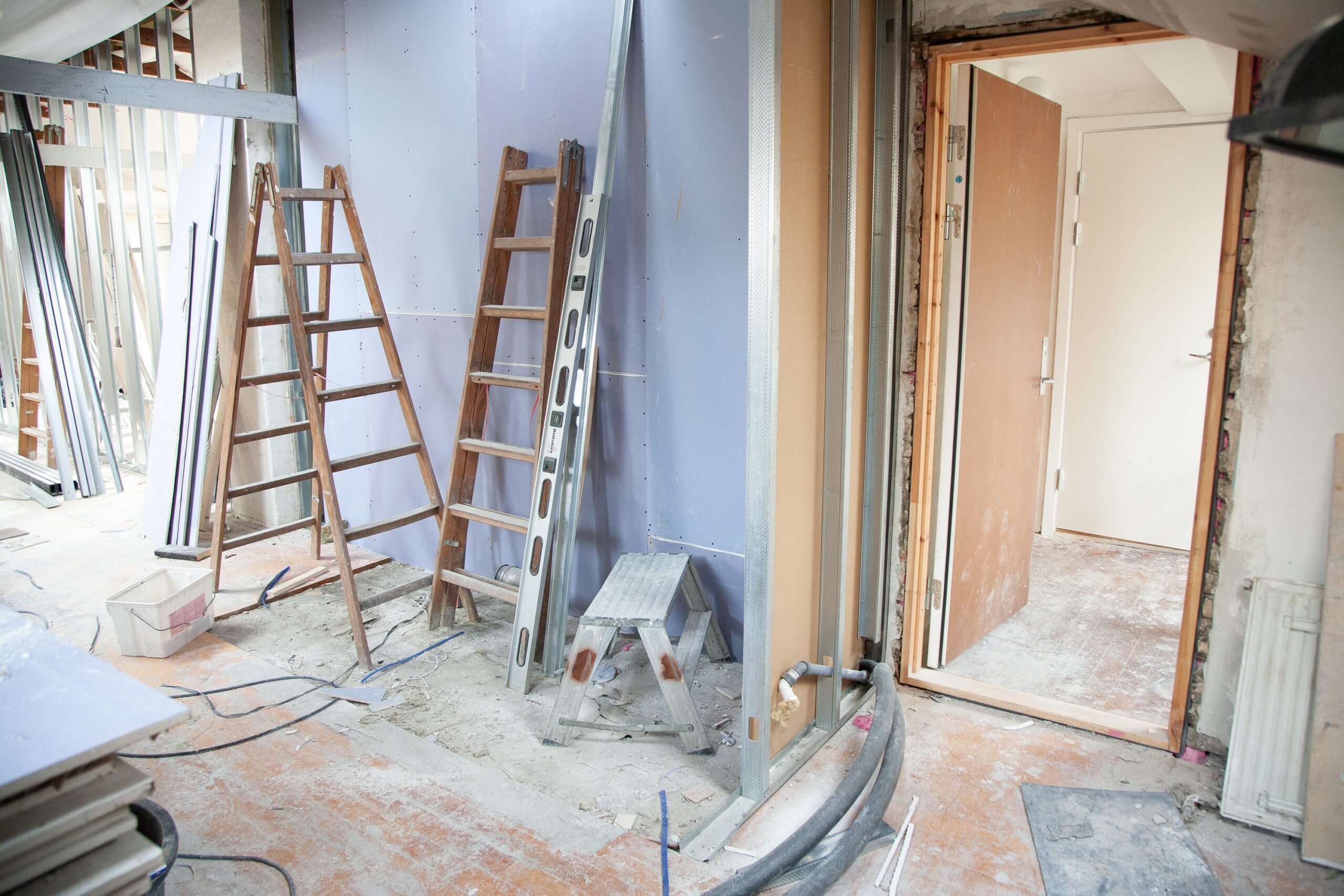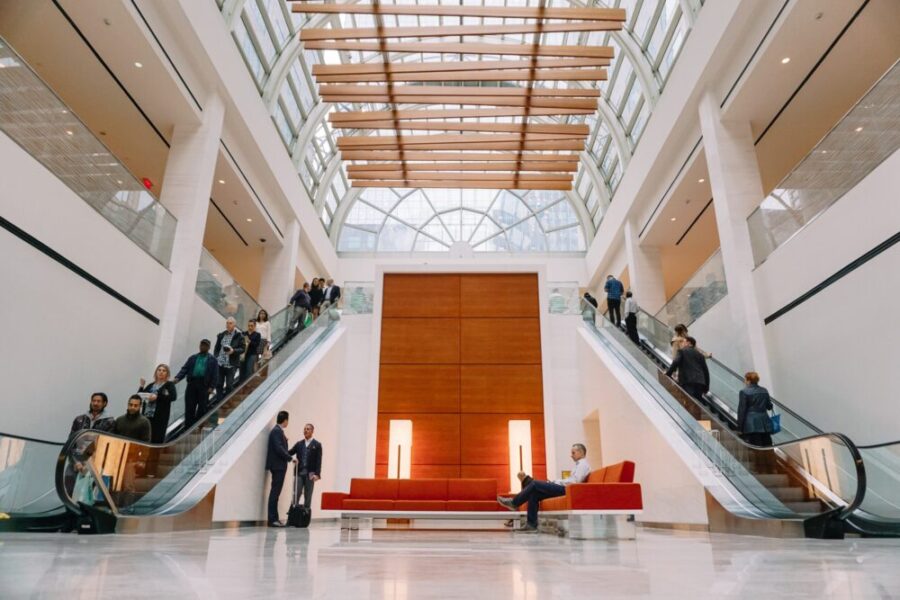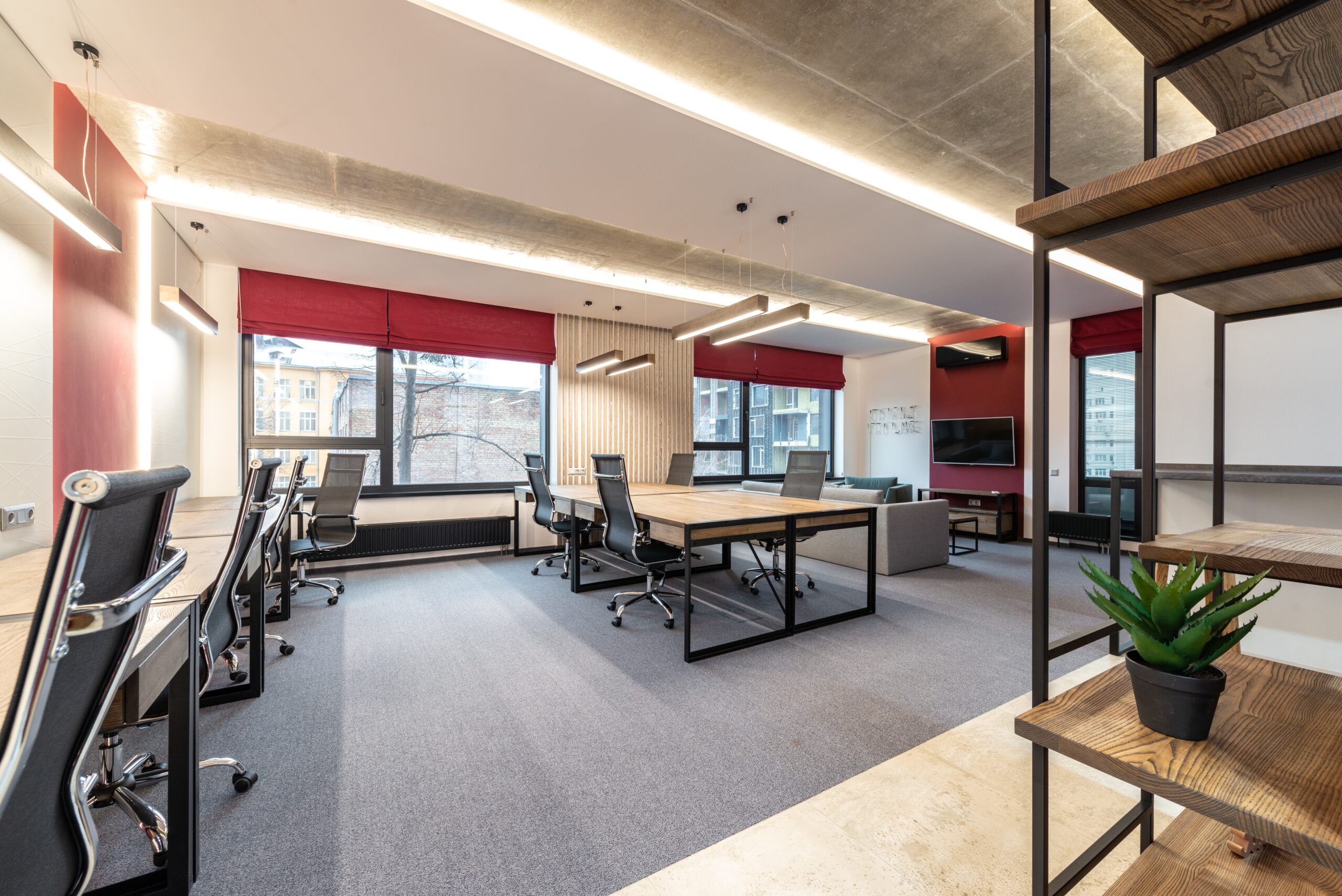Ready to Lease or Sell?
Whether you are getting ready to lease or sell a piece of commercial real estate, having a top-notch market strategy is essential.
Online platforms mean that buyers and renters have access to massive amounts of real estate information in the palm of their hands. When you are in a position to lease or sell commercial space, you need to be sure your property stands out among the rest.
Commercial Real Estate Marketing Strategies
The following commercial real estate marketing strategies will help you find the right buyer or tenant in no time.
- Know Your Audience: If you don’t know who you want to market to, it will be challenging to get the word out. Knowing your target demographic helps narrow your focus and lets your advertising connect more effectively.
- Understand the Value Proposition: What do you and your property have to offer? It is vital to know your value proposition and how to present it to potential buyers or tenants.
- Showcase the Property: There are various ways to showcase a property, from professional photos and videos to 3D walkthroughs and even virtual reality tours. Determine the best way to showcase your property and get as many eyes on it as possible.
- Use a Budget: Having a budget and sticking to it will ensure you stay within your means. Marketing is not all about who has the most significant budget but who is consistent and strategic.
- Be Responsive: With rapidly available content everywhere and consumers looking for instant gratification, quickly responding to inquiries about your commercial space is paramount.
Talking with an experienced commercial real estate agent who is well-versed in the most up-to-date marketing strategies is highly beneficial. Please contact Steve Longenecker at WeBrokerCORealEstate or 720-600-9513 regarding any commercial real estate needs in Longmont, CO, and our neighboring communities.
We give out $250 gift cards for referrals that become our real estate clients.
Like, Share & Follow us on LinkedIn and Facebook.
#longmontcommercialrealestate #commercialrealestatebroker #northerncoloradocommercialrealestate










